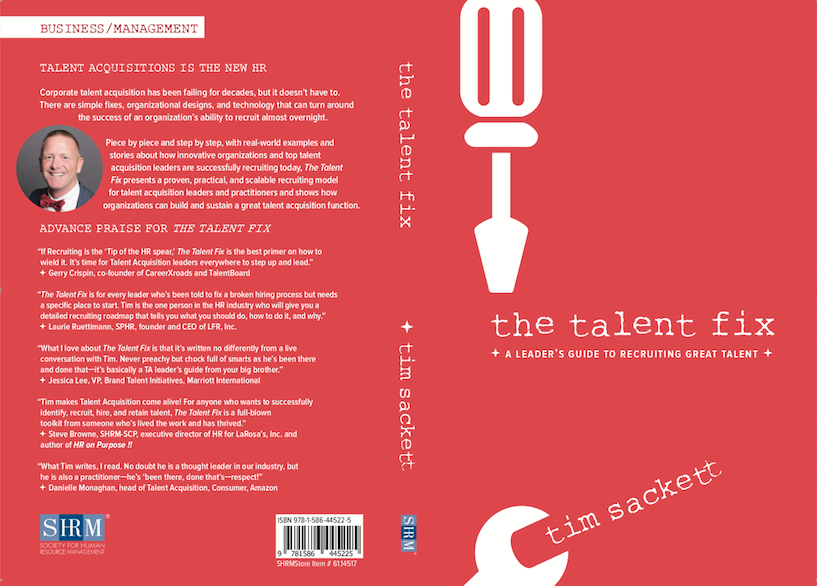There’s a ton of reasons we are afraid of stuff. I was never scared of the dark, but for some stupid reasons, I’m scared of bees. I know that I’m not going to die from a bee. I’ve been stung. It hurts, you get over it. Yet, I hate when a bee is buzzing around me!
I think most people are afraid to be ‘found out’ professionally. To have it discovered that we aren’t as good as we think we are. Every function has hickeys. Things we really don’t want others in the company to see or know about. They aren’t career-ending things, still, they are things we aren’t proud of.
In talent acquisition, we lose great talent at points in our recruiting process. It happens way more than it should, for a number of reasons. If you were to truly dig into the exact reason why each person was lost, it wouldn’t be something most TA departments would be proud of.
- 95% said that they need to know why good candidates are lost during the hiring process
What this is really saying is that talent acquisition isn’t giving this information to the hiring manager, or more likely, your hiring managers don’t believe the B.S. you’re selling them on the reasons why!
The majority of TA departments, when asked why a good candidate is lost during the process will come up with candidate problem reasons. The candidate backed out, it was too far to drive. They got an offer from another company and couldn’t wait. It wasn’t the position they truly wanted. Etc.
All of which might be legitimate, but we forget, many times the hiring managers get a different side. Usually, hiring managers know people, who know people, etc. and the ‘real’ reason will get back to them. It then becomes, “well, Mark was getting the run around from your TA team about his plane ticket costing too much, and he felt like it just wasn’t worth dealing with this at this level”, or “the Recruiter took three days to call Mary back to schedule the interview time and by then she decided to take the other offer”.
The reality is, the majority of TA leaders don’t want to know the ‘real’ reason because it reflects poorly on their team, and on them. That doesn’t feel good! Uncovering the brutal truth is painful and many times embarrassing.
Want to fix your TA department? Find out why candidates truly left your hiring process. If that’s your focus, you’ll quickly have your priorities of what to fix, change, and improve upon.
How do you do this? First, you don’t allow your recruiting team to ask the question. The answers you’ll get back will be ‘massaged’ to make TA look great and make the hiring managers look bad, or at the very least blame anyone else except yourself. Third-party this out, or find a neutral party within the organization that can make these inquiries and report back the results. This is key.
The best leaders want to know the truth. Not their version of the truth, but the real truth. Unfortunately, the truth might be the scariest thing you’ll ever face.

